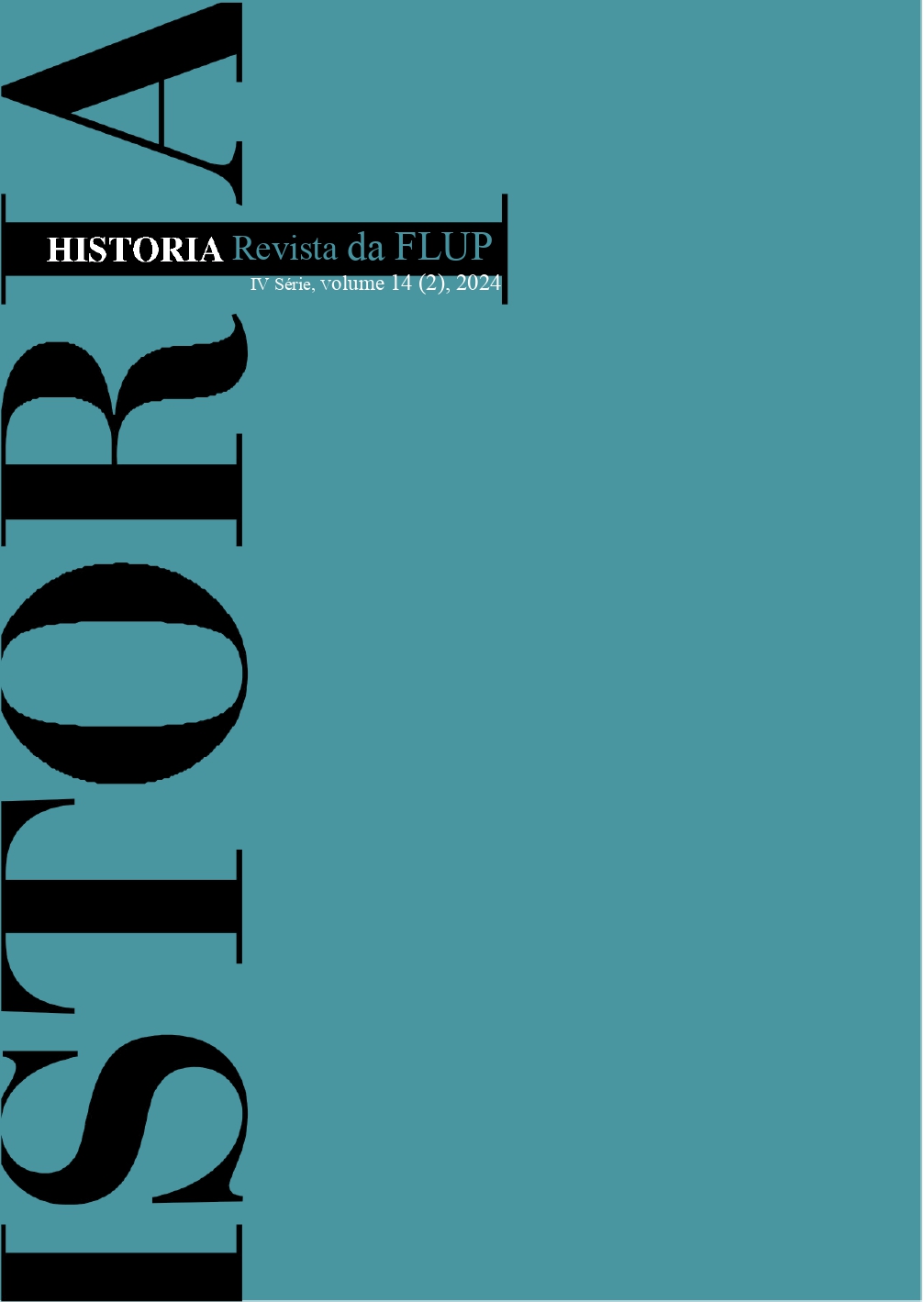“O ambiente para o fascismo existe no nosso país”: os comunistas e o ascenso da ditadura em Portugal, 1921-1927
Abstract
Abstract: This article examines the analysis of the Portuguese Communist Party (PCP) of the crisis of the First Republic and the rise of fascism and dictatorship in 1921-1927. The communists predicted the collapse of democracy, shaken by the post-war crisis. The right-wing would try to use the army to impose an authoritarian regime, which would make the workers pay for the crisis. The PCP, however, hesitated to call this counter-revolution fascist, due to its narrow social base and the limited mobilization of the petty bourgeoisie. This study calls into question the historiographical trend to dismiss the early PCP as a “confused” and “immature” organization, as the party was able to develop a sophisticated analysis of Portuguese society. At the same time, the article intervenes in debates on the autonomy of national parties vis-à-vis Moscow in the Communist International.
Downloads
Published
How to Cite
Issue
Section
License
Copyright (c) 2025 História: revista da Faculdade de Letras da Universidade do Porto

This work is licensed under a Creative Commons Attribution-ShareAlike 4.0 International License.
The authors grant to História the exclusive right to publish their texts, in any form, including their reproduction and sale, in any form, as well as their availability under open-access databases.
The texts published cannot be used in other publications without the express authorization of the Editorial Committee.
All the texts published are protected by a Creative Commons Attribution-NonCommercial (cc-by-nc) License, that allows the sharing of texts, for noncommercial purposes, with attribution of authorship and initial publication in this journal.






